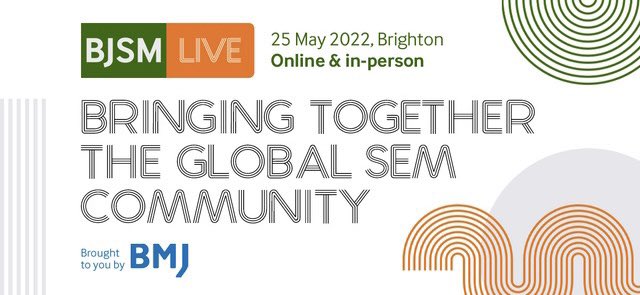Good morning, everybody!!! What a beautiful day to talk about microbes 😊
We are so excited to officially get the #BlackInMicro week started. There are so many awesome things in store.
First, I'd like to give a huge shout out to all of the @BlackInMicro organizers who have been working their butts off to make this into a reality.
First, I'd like to give a huge shout out to all of the @BlackInMicro organizers who have been working their butts off to make this into a reality.
Throughout the day, I will be talking about some of my favorite microbes, as well as some of my experiences being #BlackInMicrobiology.
As somebody who has worked with several types of microbes, I'd like to start off by first asking which type of microbe is the most interesting to *you*!
And if you don't mind, please quote tweet and explain why!
And if you don't mind, please quote tweet and explain why!
(If you don't say your favorite microbe above, feel free to mention it 😊)
Viruses were my first love, because they can infect virtually everything.
We all know about the tons of eurkaryotic viruses and most also know about bacteriophages.
But what really had me SHOOK a few years back was finding out how many other microbes get infected with viruses!
We all know about the tons of eurkaryotic viruses and most also know about bacteriophages.
But what really had me SHOOK a few years back was finding out how many other microbes get infected with viruses!
I've since grown to have a tremendous amount of respect for all kinds of microbes and the remarkable things they do, both good and bad.
• • •
Missing some Tweet in this thread? You can try to
force a refresh









